surveillance
Filter by...
-
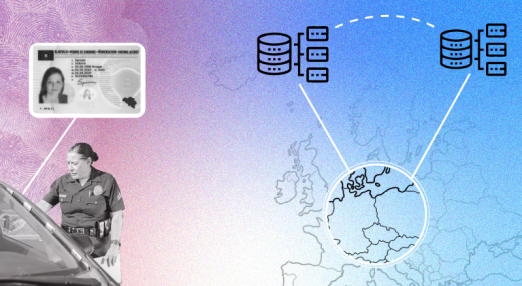
Automated data exchange in Prüm II: The EU’s securitisation mindset keeps encroaching on our fundamental rights
The agreement on automated data exchange for police cooperation, known as ‘Prüm II aligns with a broader EU trend of laws prioritising national security over human rights. The final text of this regulation has insufficient fundamental rights safeguards and could even encourage more member states to adopt facial recognition technology. The EU Parliament must reject the current Prüm II Regulation in the upcoming plenary vote.
Read more
-

NGOs and experts warn AI Act negotiators: don’t trade our rights!
On 8 December 2023, 70 civil society groups and 34 expert individuals sent an urgent letter to the Council of EU Member States, the European Commission and the European Parliament to urge them "Do not trade away our rights!" in the final trilogue (negotiation) on the landmark Artificial Intelligence (AI) Act.
Read more
-
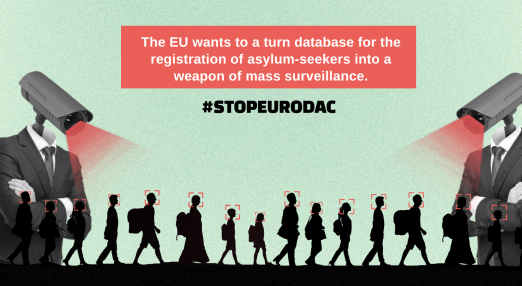
Civil society calls for an end to the expansion of EU’s EURODAC database
Civil society is calling for an end to the expansion of EURODAC, the EU database for the registration of asylum-seekers. EURODAC is being transformed into an expansive, violent surveillance tool that will treat people seeking protection as crime suspects.
Read more
-

“8 December” case: why is encryption on trial?
On 3 October, the trial of the so-called “8 December” case began. Seven people are prosecuted for being a “terrorist group”.
Read more
-

Warnings from the UK: 24/7 racialised GPS surveillance
Campaigners assembled outside Capita PLC’s Annual General Meeting in the City of London on Thursday 11 May are contesting the outsourcing company’s £114m contract to deliver 24/7 GPS monitoring services, used by the Home Office to surveil people without British citizenship.
Read more
-

Do you trust the police? CJEU Advocate General accepts access to phones for any type of crime
In its opinion on the Bezirkshauptmannschaft Landeck case, the Advocate General of the European Court of Justice is failing to suggest adequate safeguards for police access to our smartphones.
Read more
-
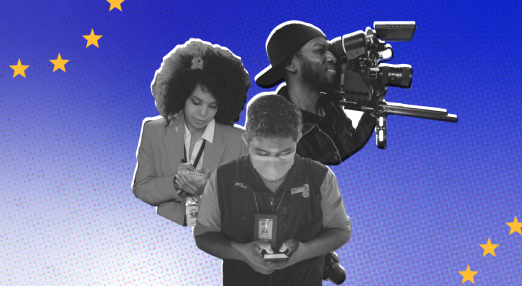
Spyware is only the tip of the iceberg: we need to protect journalists from all forms of surveillance
The EDRi network published amendments and recommendations for the European Media Freedom Act (EMFA) proposal calling for comprehensive protection for journalists, journalistic sources and human defenders against surveillance measures.
Read more
-
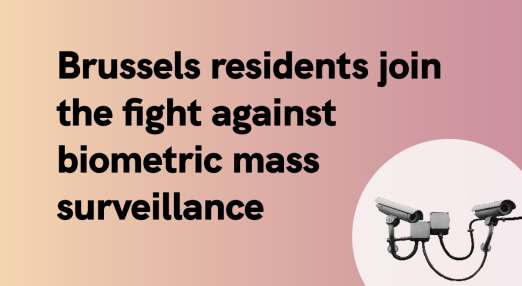
Protect My Face: Brussels residents join the fight against biometric mass surveillance
The newly-launched Protect My Face campaign gives residents of the Brussels region of Belgium the opportunity to oppose mass facial recognition. EDRi applauds this initiative which demands that the Brussels Parliament ban these intrusive and discriminatory practices.
Read more
-

Open Letter: The AI video surveillance measures in the Olympics Games 2024 law violate human rights
In an open letter, EDRi, ECNL, La Quadrature du Net, Amnesty International France and 34 civil society organisations call on the French Parliament to reject Article 7 of the proposed law on the 2024 Olympics and Paralympic Games.
Read more
-
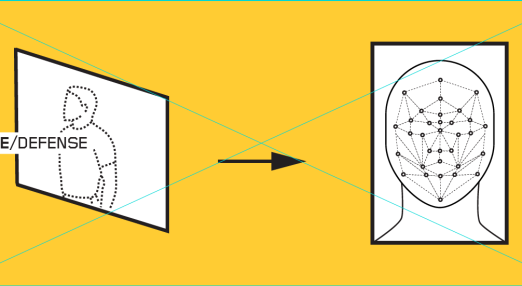
SERBIA: Government retracts again on biometric surveillance
Another attempt to legalise mass biometric surveillance in Serbia was ditched by the government in a sudden U-turn just as 2022 was drawing to a close. In a little over a year this was the second draft law on internal affairs failing to pass the public hearing stage before its formal introduction to the parliamentary vote.
Read more
-

Is the EU protecting people from Pegasus spyware?
Spyware is an extremely invasive surveillance tool and a global threat to human rights and democracy. Since the initial Pegasus Project revelations, we’ve learned that governments and private actors in over 46 countries worldwide, including EU member states, have used invasive spyware to target and silence journalists, human rights defenders, political opponents, and dissidents.
Read more
-

e-Evidence compromise blows a hole in fundamental rights safeguards
In December 2022, the Council and the European Parliament agreed on a final compromise text on the so-called ‘e-Evidence’ proposals. With major concessions given to the Member States’ position, the results of these trilogues negotiations are of bad omen for people’s rights and freedoms.
Read more
